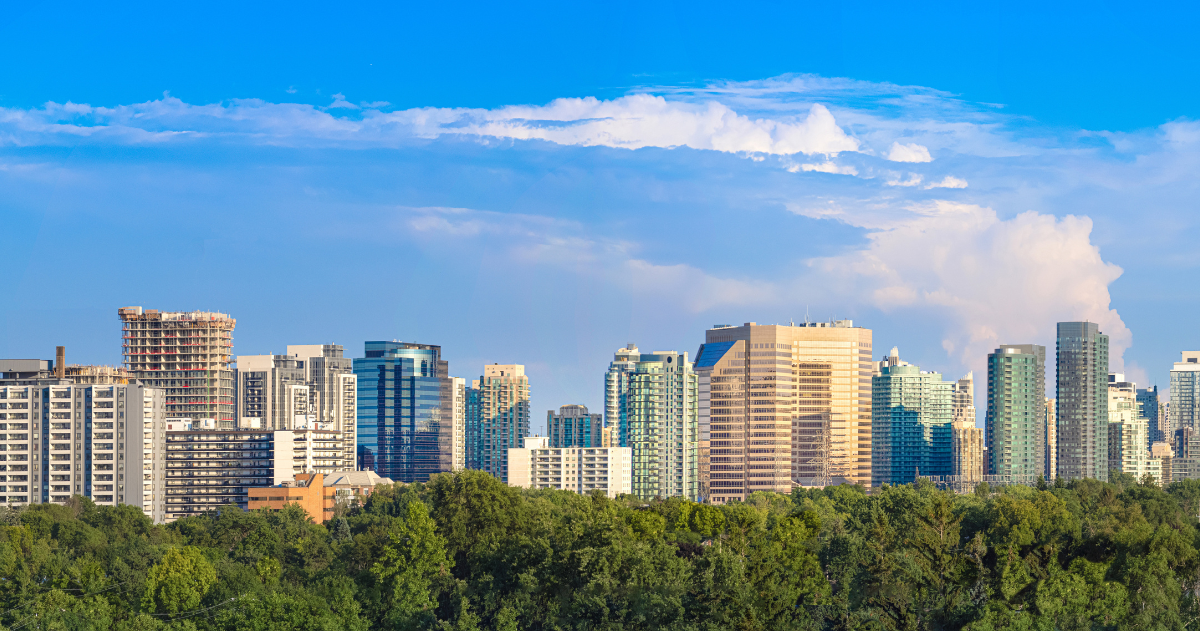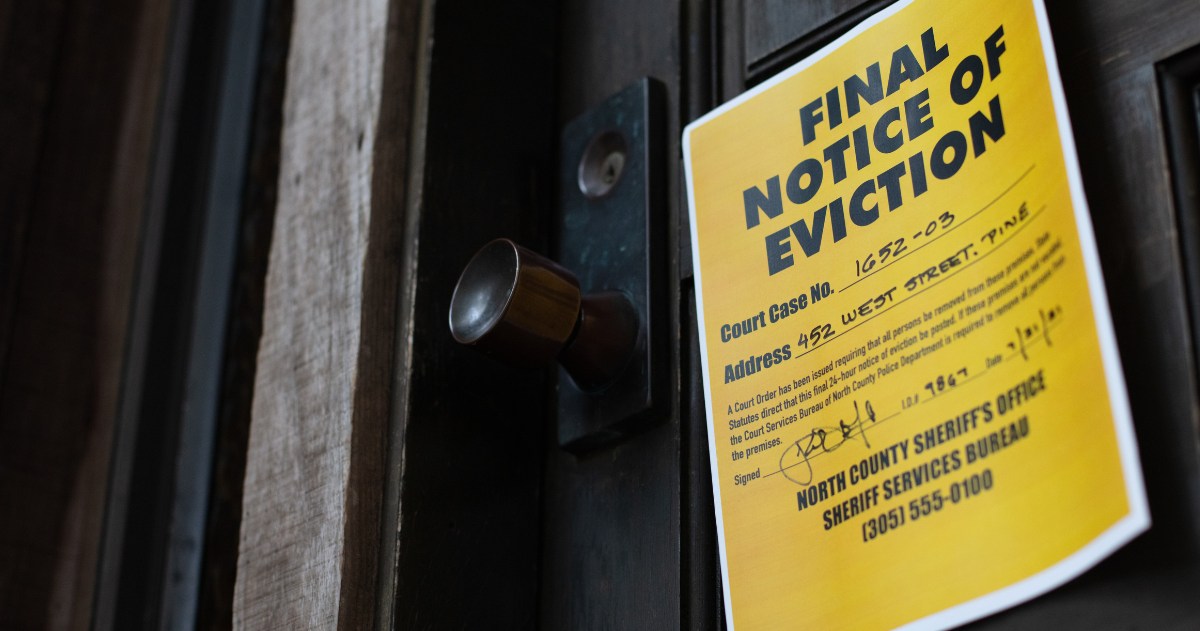Home sales soared to unprecedented highs last year amid the real estate boom. A year on, GTA properties may have come down slightly from those dizzying heights, but the Toronto real estate market remains one of the hottest on record.
February 2022 home sales were the second-highest in history, according to figures from the Toronto Regional Real Estate Board (TRREB). Just over 9,000 homes were sold through the TRREB’s MLS system last month, a 16.8% drop from February 2021. Prices remain buoyant, with the average selling price for all types of homes rising 27.7% to $1,334,544.
“Demand for ownership housing remains strong throughout the GTA, and while we are marginally off the record pace seen last year, any buyer looking in this market is not likely to feel it with competition remaining the norm,” said TRREB President Kevin Crigger.
With inventory staying low, price growth shows no signs of slowing yet, leading GTA landlords to question – is real estate still a good investment?
The benefits of being a GTA landlord
In short, yes. Being a Toronto landlord is a solid, long-term investment that offers a steady stream of passive income, outside of the vagaries of the market. Fluctuations in prices, inventory, and sales are short-lived disruptions that won’t necessarily affect your balance sheet over the long-haul.
That said, landlords should be aware of some of the pitfalls that come with buying an investment property. From problem tenants to knowing your rights and responsibilities, there’s a lot to consider before jumping into the market.
What landlords need to know about dealing with tenants
It’s preferable to start fresh as a landlord, and the best way to do this is to avoid purchasing a tenanted property. If your new investment is already occupied, it’s much more difficult to establish your own relationship with the tenants and set new rents.
Getting that initial rent right is crucial. Once the rate is set, landlords are locked into that number for 12 months and, if they want to raise the rent once the first year is up, they have to follow guidelines set by the Landlord and Tenant Board of Ontario (LTB). Rent increase guidelines are the maximum amount a landlord can raise rent in a given year. After a year-long freeze due to the pandemic, the threshold for 2022 is 1.2%. If landlords want to go above that, they have to apply to the LTB for approval.
Landlords have to give tenants written notice of a rent increase, at least 90 days before it’s due to take effect. If the tenant refuses to pay, or is late with their rent, the landlord can serve them notice to end the tenancy and apply to the LTB to start eviction proceedings.
As any experienced landlord knows, evictions and disputes are a huge hassle. Even in the best case scenario, they’re a stressful, time-consuming exercise. Buying an untenanted property means landlords save themselves the risk and headache of taking on someone else’s tenants.
Using a property management firm can help. At Highgate Property Investments, we step into the shoes of our landlords, acting as their representative with full-service tenant management.
We carefully vet prospective tenants to eliminate high-risk renters and, once approved, we deal with every aspect of the tenancy – overseeing maintenance issues, negotiating disputes, and collecting payments.
Our realtor team can even help you find the perfect untenanted property, thanks to our decades of experience in Toronto real estate. Get in touch with us today to see how we can help launch your landlord career.





